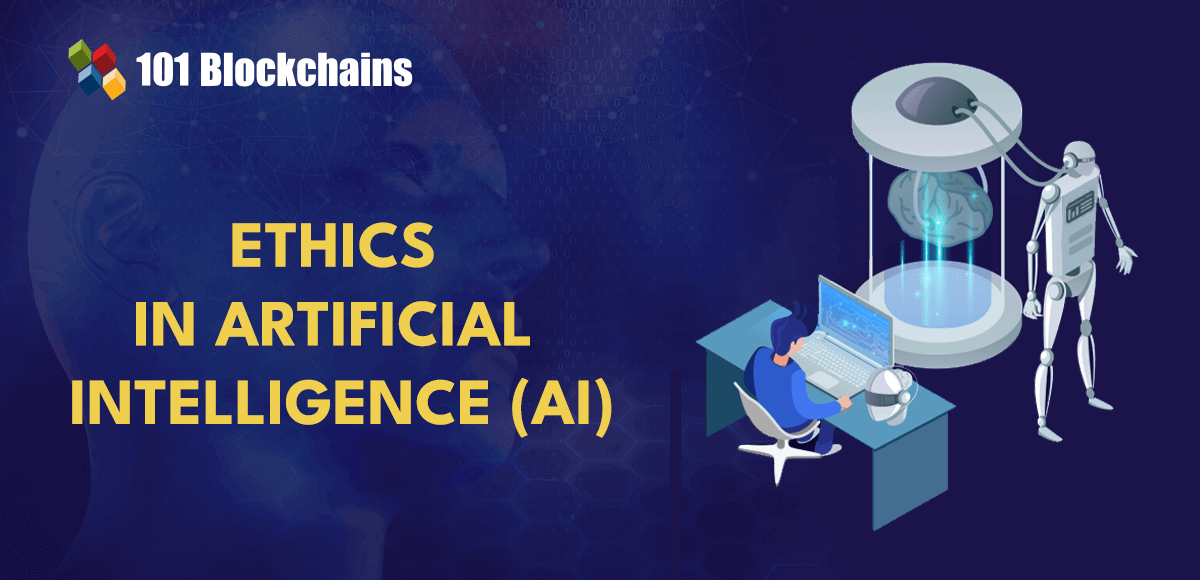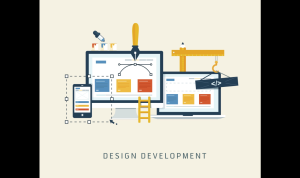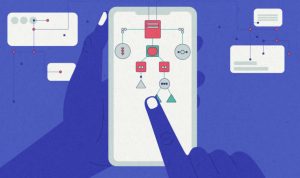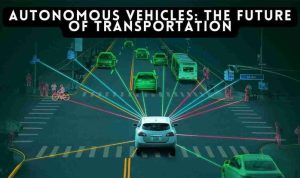Exploring the Ethics of Artificial Intelligence sets the stage for an intriguing discussion about the moral implications surrounding AI technologies. As artificial intelligence continues to integrate itself into various aspects of our daily lives, from healthcare to finance, it raises significant ethical questions that demand our attention. This exploration dives into the balance between innovation and morality, urging us to consider not just what AI can do, but what it should do in a rapidly evolving world.
In the ever-evolving landscape of technology, the impact of artificial intelligence (AI) on our daily lives is becoming increasingly significant. From the moment we wake up to the sounds of our smart alarms to the late-night hours spent browsing through personalized recommendations, AI subtly influences our routines in ways we often overlook. This article delves into various facets of AI, exploring its current applications, potential future developments, and the ethical considerations that accompany its integration into society.The roots of AI can be traced back to the mid-20th century.
Pioneers like Alan Turing and John McCarthy laid the groundwork for what would become a revolutionary field of study. Turing’s famous “Turing Test” was designed to gauge a machine’s ability to exhibit intelligent behavior indistinguishable from that of a human. Fast forward to today, and we see AI systems capable of performing tasks that were once thought to be the exclusive domain of humans – from playing complex games like chess and Go to driving cars and diagnosing diseases.One of the most visible applications of AI in our daily lives is through virtual assistants.
Platforms like Amazon’s Alexa, Apple’s Siri, and Google Assistant have become household names. These digital aides leverage natural language processing (NLP) to understand and respond to voice commands, providing users with a seamless interface for managing their tasks. Whether it’s setting reminders, playing music, or controlling smart home devices, these assistants have made our lives more convenient. However, their growing presence raises questions about privacy and data security, as they often require access to personal information to function effectively.Another area where AI is making significant strides is in healthcare.

Machine learning algorithms are being utilized to analyze vast amounts of medical data, identifying patterns that can lead to earlier diagnoses and more personalized treatment plans. For instance, AI systems are capable of interpreting medical images with remarkable accuracy, assisting radiologists in detecting anomalies that may go unnoticed by the human eye. As AI continues to evolve, we can expect its role in healthcare to expand, potentially leading to improved outcomes and reduced costs.
However, this advancement is not without its challenges; ensuring that these systems are reliable and free from bias is of utmost importance.Retail is another sector experiencing a transformation thanks to AI. Companies are employing machine learning algorithms to analyze customer behavior and preferences, allowing them to offer personalized shopping experiences. Recommendations based on previous purchases, targeted advertisements, and even dynamic pricing strategies are all made possible through AI.
While this enhances customer engagement, it also poses ethical dilemmas regarding consumer privacy and the extent to which companies should monitor and analyze user data.The automotive industry is witnessing a revolution driven by AI as well. The development of autonomous vehicles has been a hot topic in recent years, with major companies investing heavily in this technology. AI-powered systems enable cars to navigate and respond to their surroundings in real-time, dramatically reducing the likelihood of accidents caused by human error.
While the promise of self-driving cars is enticing, it raises questions about liability in the event of an accident and the potential loss of jobs in driving-related professions.Education is another field where AI is making a notable impact. Adaptive learning technologies use AI to tailor educational experiences to individual students’ needs, allowing for a more personalized approach to learning. This method helps identify areas where students may struggle and provides resources to address those challenges.
As we integrate AI into educational institutions, we must consider how to ensure equitable access to these technologies for all students, regardless of their socioeconomic background.Despite the many benefits AI offers, it also presents significant ethical challenges. The potential for job displacement due to automation is a major concern. As AI systems become more capable, they may replace human workers in various industries, leading to economic displacement and increased inequality.
Policymakers must grapple with how to manage this transition, ensuring that workers can adapt to a changing job landscape.Moreover, the issue of bias in AI algorithms cannot be overlooked. AI systems are only as good as the data they are trained on, and if that data reflects societal biases, the algorithms can perpetuate and even exacerbate those biases. This has significant implications, particularly in areas like hiring practices, criminal justice, and lending.
It is crucial for developers and organizations to prioritize fairness and accountability in AI systems to mitigate these risks.In conclusion, artificial intelligence is transforming our world in profound ways, influencing various industries and aspects of our daily lives. From virtual assistants that streamline our routines to advanced healthcare solutions that improve patient outcomes, the potential of AI is vast. However, as we embrace these advancements, we must remain vigilant about the ethical considerations they entail.
By prioritizing fairness, transparency, and accountability, we can harness the power of AI to create a future that benefits society as a whole. The journey ahead will undoubtedly be complex, but with thoughtful engagement and collaboration, we can navigate the challenges and opportunities that AI presents.
Popular Questions: Exploring The Ethics Of Artificial Intelligence
What are the main ethical concerns regarding AI?
Main concerns include bias in algorithms, privacy issues, job displacement, and accountability for AI decisions.
How can ethical AI be ensured?
Implementing regulations, promoting transparency, and engaging diverse stakeholders in AI development are key strategies.
What role does bias play in AI ethics?
Bias can lead to unfair outcomes in AI systems, making it crucial to address during the development process.
Is AI capable of making moral decisions?
Currently, AI lacks moral agency; it can simulate decision-making but cannot inherently understand ethics.
What is the significance of accountability in AI?
Accountability ensures that developers and organizations are responsible for the impacts of AI systems on society.






